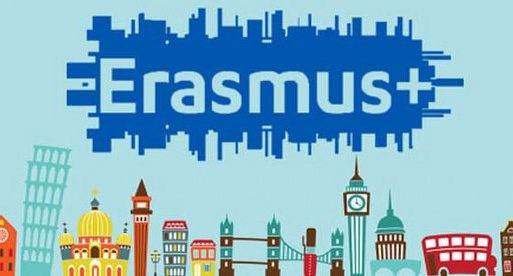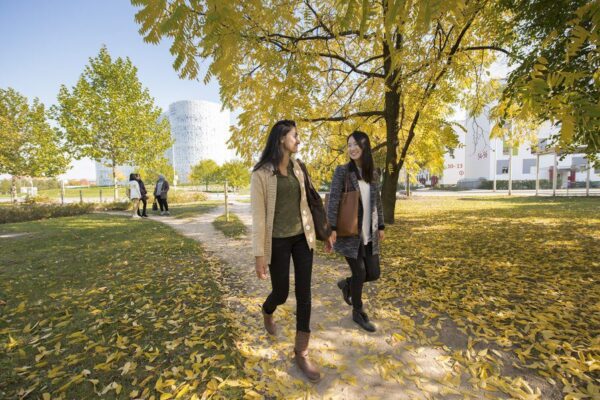Diversity and inclusion through exchange. The National Agency for Erasmus+ University Cooperation in the German Academic Exchange Service (NA DAAD) has published its inclusion strategy on German Diversity Day 2023, which takes better account of the concerns of students and doctoral candidates during an ERASMUS+ study period abroad.
Mobility in studies and professional life is a valuable component for the individual development of professional, social and intercultural skills: Whether it is new perspectives on one’s own field of study, language skills, or getting to know other cultures – all of these make studying easier and strengthen young people’s professional skills. Doctoral students benefit from cooperative research work, supervision by proven, experienced scientists at the partner universities, and access to specific research facilities. Lecturers are familiarized with the teaching methods of the partner country and gain a good insight into other research cultures. In addition, the international network, which is important for scientists*, grows, which significantly increases the opportunities for cross-national research proposals and future collaborations.
With the cross-cutting themes of inclusion, digitization, recognition and Green ERASMUS, the mobility activities not only spur the internationalization of teaching and learning at universities. They transport the European canon of values and strengthen the culture of teaching, learning and science in Europe and beyond.







